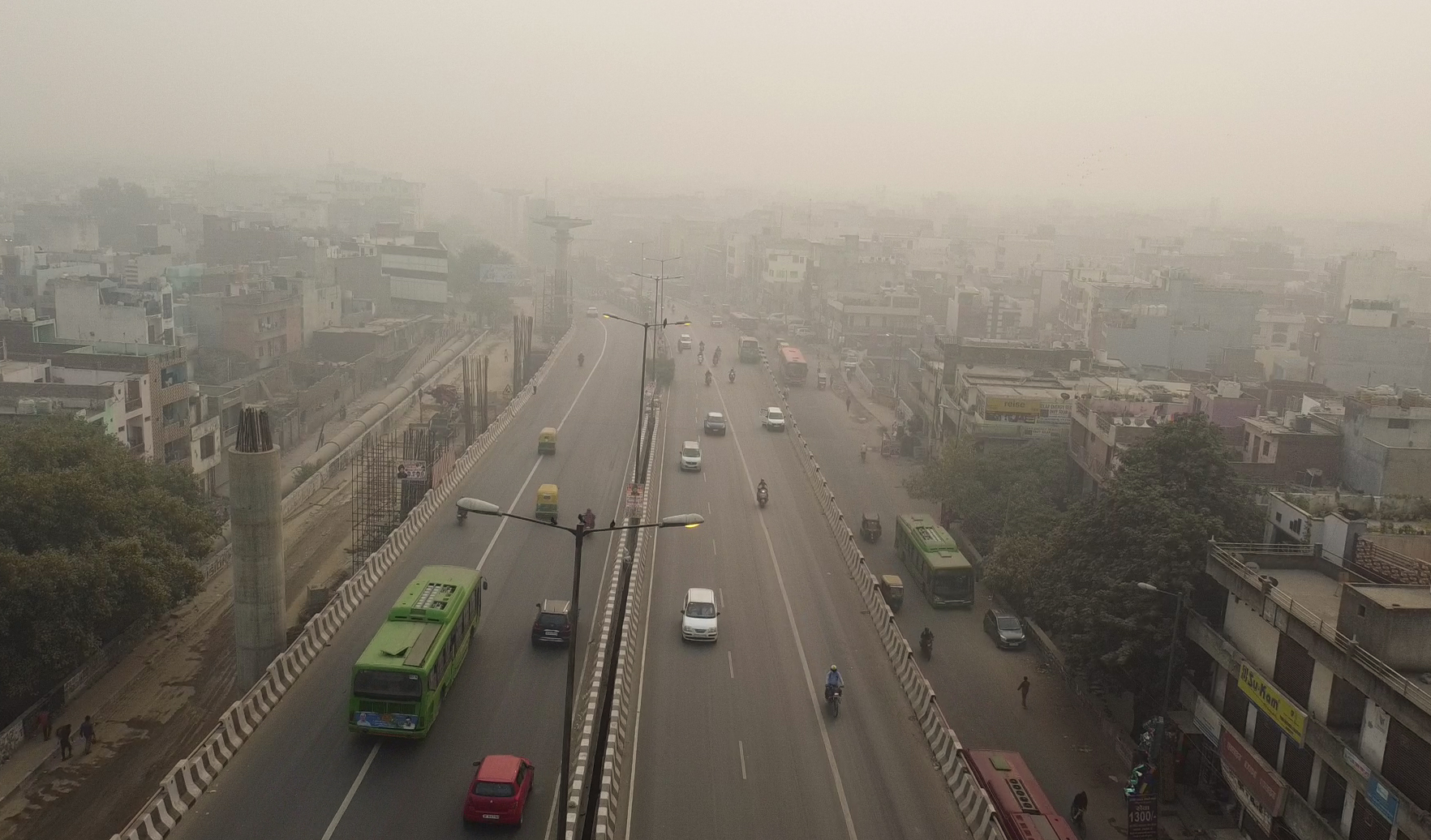‘Without proper planning, the odd-even scheme can’t be successful in the national capital’.
NEW DELHI
Before Diwali celebrations even began, Delhi’s AQI index hit the “severe” level. Anticipating a worsening situation, the Delhi administration, five days after implementing GRAP-4, had decided to impose an odd-even scheme, but after two days of rain in the national capital, Environment Minister Gopal Rai said that the odd-even car rationing scheme will not be implemented from 13-20 November as there has been a significant improvement in Delhi’s air quality.
After the initial announcement of implementation of the odd-even rule, Delhi residents had feared that the move would trigger traffic chaos in the national capital. Here are five reasons why without proper planning, the odd-even scheme can’t be successful in the national capital.
Capacity of Public Transportation
An effective public transport system is necessary for the odd-even rule to work properly in order to handle the additional demand on days when half of the automobiles are limited. Though there is good metro connectivity in Delhi, it’s still overloaded in many routes, including the blue and yellow lines. So, in places like Delhi, the infrastructure for public transport might not be able to support the extra traffic, and commuters may have trouble locating other options.
A resident of Gurugram, Dakshesh Kashyap, said: “When it was announced that the scheme would be implemented, it made me tense thinking about the struggle in the metro, price hikes by auto, uber, and even local auto drivers. People like us have to travel from Gurugram to Delhi, which approximately takes two hours of travel on our own vehicle, but it may take 2:30-3 hours if the odd-even plan is implemented. So, my entire timetable will get disturbed, and since the rule will be for all, there will be a crowd on the buses as well.”
Behavioural Shifts
The public’s desire to abide by the law is a prerequisite for the odd-even rule’s success. The people of Delhi know how they can dodge the regulation. So, public awareness campaigns are just one component of a complete and ongoing effort to persuade people to use alternate means of transport and change their commuter habits.
Rahit Baneerji from Noida Sector 76 said, “Both my cars are even, so if the rule is implemented, I will swap one of my cars with my close friend, who has two odd cars. Why would I compromise because of this stupid rule?”
Economic Impact
The odd-even rule may have an impact on the everyday lives of people and businesses if they depend on their personal automobiles. Also, because of the other regulations like GRAP-4, many businesses are already facing losses because of logistic issues.
Garima Aziz, CEO of GHS Lifestyle Pvt Ltd, a lifestyle manufacturing company, said: “I attend most of my meetings either in Delhi or Noida and only have one car, so if the odd-even rule is implemented, it would derail my travel plans.”
“Already, GRAP-4 has been imposed in the national capital. My consignments are not reaching their destination on time as the route is through Delhi. So, every day I am facing a loss of Rs 25,000–30,000,” she said. “As this is festival season, people prefer to buy trendy stuff, but if our products don’t reach the right customers at the right time, one can imagine the deadstock we will face,” she added.
Limited Impact on Air Quality
The odd-even rule mainly targets the emissions from cars, which are a major cause of air pollution. Pollution is also caused by other important causes, such as construction, road dust, and industrial activity. The overall quality of the air may not be significantly affected by the restrictions. As per media reports, vehicular pollution contributes 17% to the total pollution level of the city
Citizens hesitant
Some citizens feel that it’s only the responsibility of the government to take care of issues like air pollution. A resident of North Delhi said, “I don’t understand why we are being imposed with so many regulations when it’s the government that fails to deliver the basic need, which is fresh air.”

